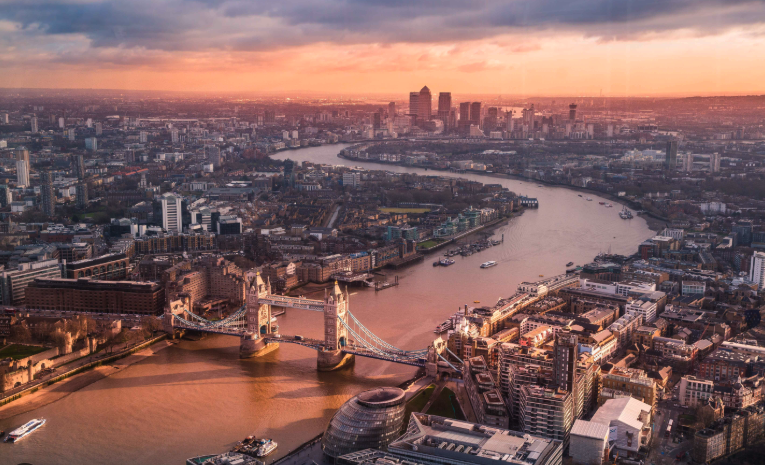-
by interexer@gmail.com
- February 3, 2025
- Uncategorized
- (0)
- 03 Mins
London's 90-Day Airbnb Rule Explained

If you're a homeowner in London considering short-term rentals on platforms like Airbnb, it's crucial to understand the city's 90-Day Rule. Implemented in January 2017, this regulation restricts "entire home" listings in Greater London to a maximum of 90 nights per calendar year. Once this limit is reached, Airbnb automatically prevents further bookings until the next year.
Purpose of the 90-Day Rule
The rule was established to balance the benefits of short-term rentals with the need to maintain housing availability for long-term residents. By limiting the number of nights a property can be rented short-term, the regulation aims to prevent the conversion of residential properties into full-time vacation rentals, which can impact local housing markets and community dynamics.
Implications for Homeowners
For homeowners, this means that without obtaining specific planning permission from the local council, you cannot rent out your entire home for more than 90 nights in a year. Exceeding this limit without the necessary permissions can lead to legal consequences, including fines.
Strategies to Maximize Rental Income Within the Limit
- Medium to Long-Term Rentals: After reaching the 90-day short-term rental cap, explore renting your property to medium or long-term tenants. This strategy ensures continued income and maintains compliance with regulations.
- Room Rentals: The 90-day rule specifically applies to entire home rentals. Renting out individual rooms in your home does not fall under this restriction, allowing for greater flexibility and potential income throughout the year.
- Seek Planning Permission: If you wish to exceed the 90-night limit, apply for planning permission from your local council. Be aware that obtaining this permission can be challenging, as councils aim to regulate the impact of short-term rentals on housing availability.
Conclusion
Understanding and adhering to London's 90-Day Airbnb Rule is essential for responsible and legal hosting. By exploring alternative rental strategies and considering necessary permissions, you can maximize your property's potential while contributing positively to the community.
Note: This information is provided for general guidance and should not be considered legal advice. For specific concerns, consult with a legal professional or your local council.
Frequently Asked Questions (FAQs)
1. Does the 90-Day Rule apply to all types of properties?
No, the 90-Day Rule specifically applies to "entire home" listings. Renting out individual rooms in your home does not fall under this restriction.
2. Is the 90-day limit for consecutive days?
No, the rule applies to a total of 90 nights per calendar year, not consecutive days. You can spread the bookings throughout the year as long as you don't exceed 90 nights.
3. What happens if I exceed the 90-night limit?
If you exceed the 90-night limit without obtaining the necessary planning permission, you may face legal consequences, including fines. Airbnb also automatically blocks further bookings once the limit is reached.
4. Can I apply for an exemption to the 90-Day Rule?
Yes, you can apply for planning permission from your local council to exceed the 90-night limit. However, obtaining permission can be challenging and is subject to local regulations.
5. Does the rule apply to all areas of London?
Yes, the 90-Day Rule applies to all boroughs within Greater London.
